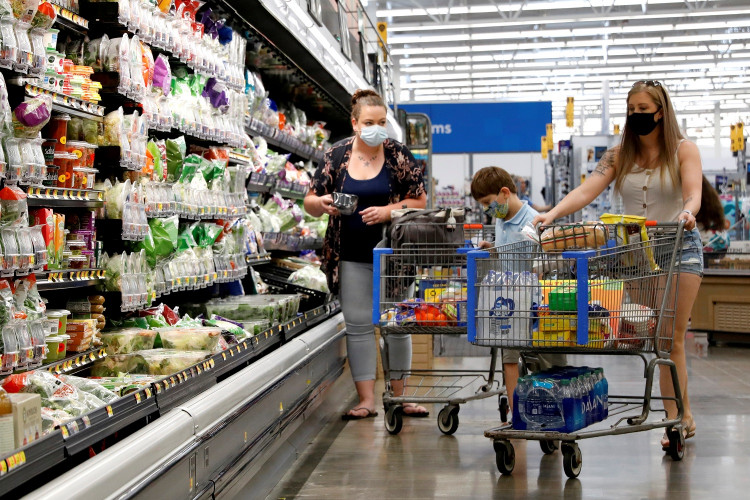A federal judge in Boston signaled Thursday that the Trump administration may lack the legal authority to suspend Supplemental Nutrition Assistance Program (SNAP) benefits for 42 million Americans, as the government shutdown enters its fifth week and threatens to disrupt food aid nationwide.
U.S. District Judge Indira Talwani said she plans to issue a decision later in the day on whether to block the administration from halting payments. During a tense hour-long hearing, Talwani challenged government lawyers who argued that the U.S. Department of Agriculture could not legally continue disbursing funds until Congress passes a new spending bill.
"Congress put money in an emergency fund, and it is hard for me to understand how this is not an emergency," Talwani said. "It's really clear to me that what Congress was trying to do was protect the American people. We're not going to make everyone drop dead because it's a political game someplace else."
The USDA warned last week that it would stop issuing SNAP payments beginning Saturday, saying "the well has run dry." The program, formerly known as food stamps, provides monthly benefits to low-income households - $1,632 for a single-person household and $2,215 for a two-person household at 130% of the federal poverty line.
Lawyers representing 25 Democratic-led states and the District of Columbia urged the court to issue an emergency order compelling USDA to use its $5.25 billion contingency fund to at least partially fund benefits for November. "Millions of Americans are going to lose benefits they've had for decades," said Michelle Pascucci of the Massachusetts attorney general's office. "USDA lacks the discretion to stop funding benefits absent a complete lack of funding."
Justice Department attorney Jason Altabet countered that USDA officials were "legitimately scared" of operational chaos if forced to issue partial payments, citing concerns about outdated state systems. "The agency thinks it would be catastrophic," Altabet said, arguing that the contingency fund was insufficient to cover the $8.5 billion to $9 billion in monthly costs.
Talwani appeared skeptical of that claim, noting that both Congress and USDA regulations allow the use of emergency funds to "tighten belts" during a lapse in appropriations. She said it was unclear how the agency determined that it could pay nothing when contingency reserves remained available.
The multistate lawsuit, led by Massachusetts, California, Arizona, and Minnesota, asserts that the administration's decision violates statutory obligations to ensure food security for low-income Americans. State officials argue that ending the program would cause "irreparable harm" to millions of families and force states to absorb the fallout.
Talwani noted that any ruling would likely have a nationwide effect, since SNAP benefits cannot vary by state. "I can't consider this in only the terms of half the nation," she said.






